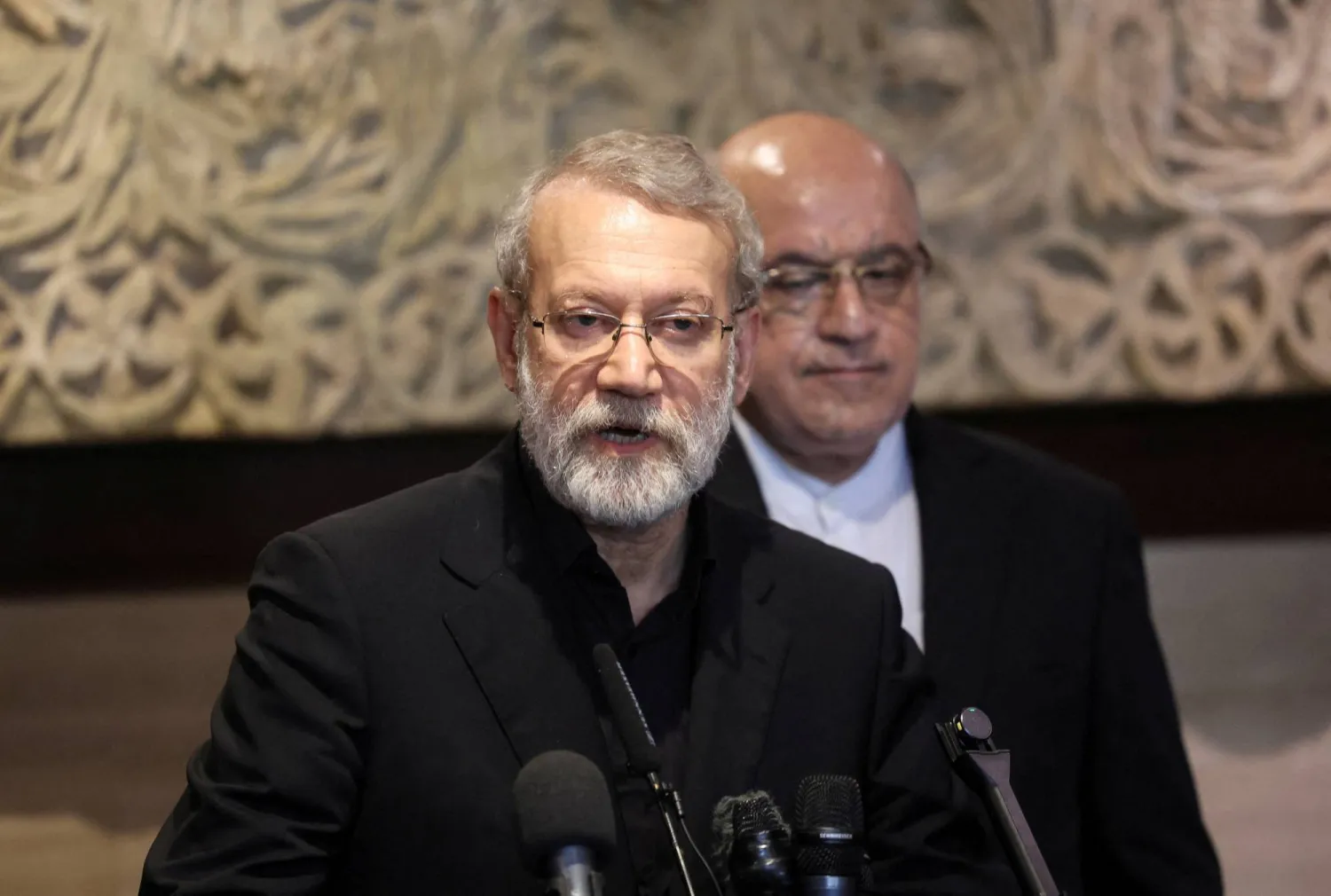Vice President Kamala Harris met with Arab American and Muslim leaders in Flint, Michigan, on Friday, as her presidential campaign seeks to win back voters angry at US support for Israel's wars in Gaza and Lebanon.
The meeting is one of several attempts in recent days to mend fences with Muslim and Arab voters, who resoundingly backed Democrat Joe Biden in 2020 but could withhold their votes from Harris in numbers that would cost her the key state of Michigan.
During the half-hour meeting, Harris expressed her concern on the scale of suffering in Gaza, civilian casualties and displacement in Lebanon and discussed efforts to end the war, according to a campaign official. She also discussed efforts to prevent a regional war, the official added.
Wa'el Alzayat, CEO of Emgage Action which recently endorsed her, said participants shared their deep disappointment with the US handling of the crisis and called on her to do everything in her power to end the war and reset US policy in the region.
"Emgage Action asked Vice President Harris to impress upon President Biden the urgency of bringing an immediate end to the violence" in Gaza and Lebanon, Alzayat said. "She agrees that this war needs to end."
Ed Gabriel, president of the American Task Force on Lebanon, said the meeting included a good "give and take" on the issues, including "the need for a ceasefire, and the support needed from the United States and its allies to address the humanitarian crisis, the presidential leadership void in Lebanon, and the important role of the Lebanese Armed Forces."
"We heard a lot of compassion on her side. We'll see what happens," he said. "This was a valuable two-sided exchange, and we made important progress in our relationship. We're going to continue to meet."
Other participants included Assad Turfe, deputy county executive of Wayne County, Michigan's most populous county.
Jim Zogby, founder of the Arab American Institute and a longtime member of the Democratic National Committee, said he declined the invitation. Leaders from the Uncommitted National Movement protest campaign said they were not invited to the meeting. Hala Hijazi, a longtime friend of Harris who has lost dozens of members of her family in Gaza, was unable to attend.
Harris, a Democrat, faces Republican former President Donald Trump on Nov. 5 in what opinion polls show to be a tight presidential race. Both candidates have roughly even levels of support among Arab Americans, according to a poll published this week by the Arab American Institute.
Harris' meeting on Friday comes on the heels of other efforts by her team this week. On Thursday, her vice presidential pick, Minnesota Governor Tim Walz, promised on a Zoom call with Muslim voters that Muslims would have an equal role in a Harris administration.
Harris' national security adviser, Phil Gordon, virtually met with leaders from the Arab and Muslim community on Wednesday and said the administration supports a ceasefire in Gaza, diplomacy in Lebanon and stability in the Israeli-occupied West Bank.
Critics say Biden and Harris have done too little to stop Israel's military campaign in Gaza, while continuing to supply Israel with weapons to carry it out.
Some Arab Americans believe Harris' refusal to distance herself from President Biden's policies in the Middle East, as Israel escalates its attacks, will cost her in November.
"Harris is going to lose Michigan," said Ali Dagher, a Lebanese American attorney and community leader. "I will not be voting for Kamala Harris. No one I know will vote for her. I cannot find a single person in the community who supports her."
Earlier in the day, in Redford Township, Michigan, outside of Detroit, Harris celebrated the union deal that ended a major port strike.
She spoke at a fire station whose workers are represented by the International Association of Fire Fighters, which on Thursday declined to make a presidential endorsement. The event was designed to show Harris has support among the union's rank-and-file members, an aide said.
After the meeting with Arab American leaders, Harris appeared with United Auto Workers union President Shawn Fain in Flint and vowed support for Michigan's auto industry.
A spokeswoman for the Trump campaign said Harris is "putting a minimum of 37,000 auto jobs at risk by refusing to tell Michiganders if she still supports her proposed plan to ban all internal combustion engine cars by 2035."









